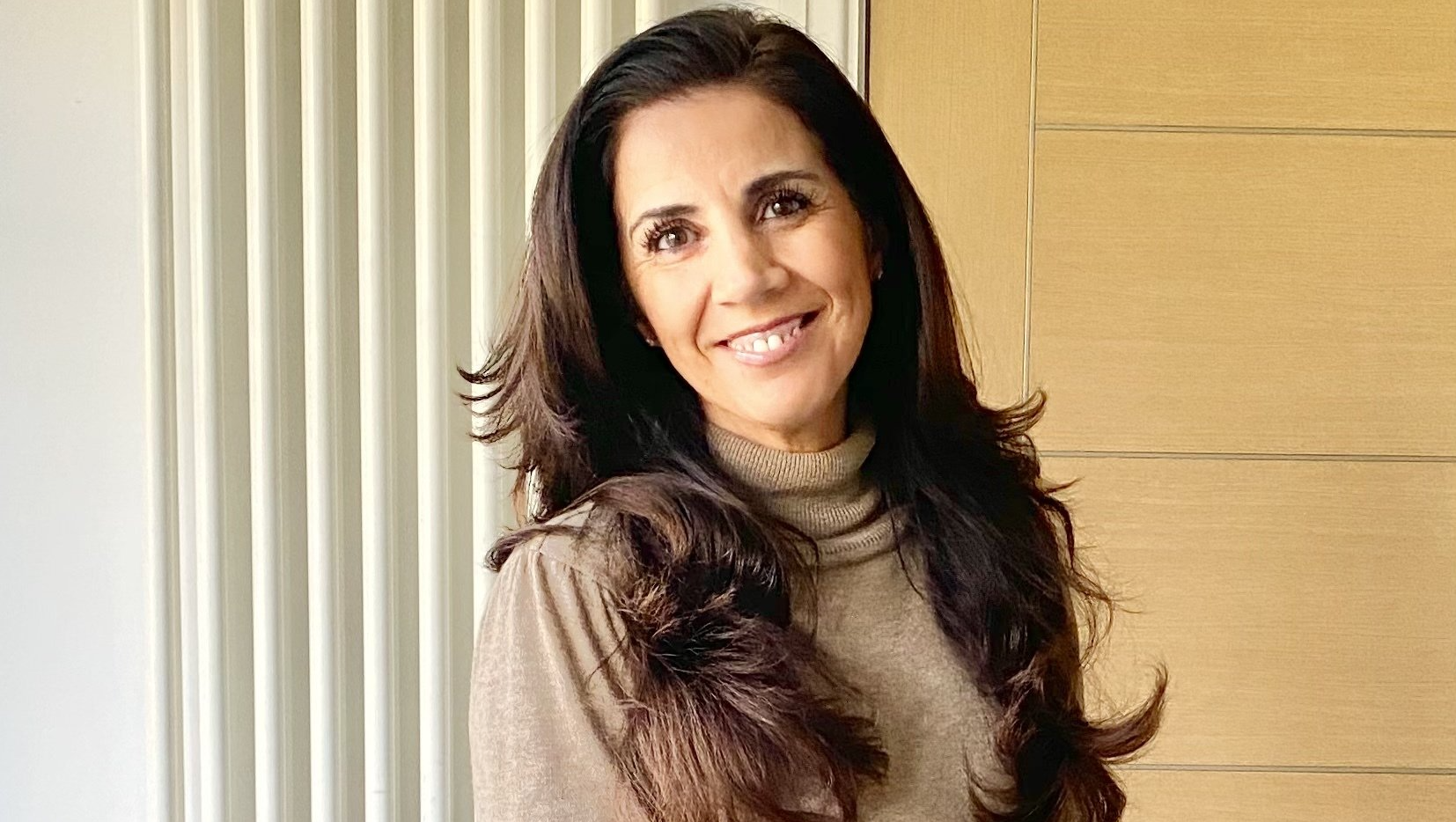ADHD... Diagnosis or Not? An Exploration with Dr. Luisa Sanz
Should I have an assessment?
Should I get a diagnosis?
Should I share that I’ve got a diagnosis?
Should I take medication?
Should my child have an assessment, get a diagnosis or take medication?
Have you ever asked yourself those questions? Are you now trying to decide what to do? Well, let’s then think about it!

GIVING CONTEXT TO THE QUESTION
First of all, we need to put those questions in the context of the society in which we live... As, if for example, we lived in the Amazon forest and were part of an indigenous tribe, we would have not even heard about ADHD, and its treatment would be completely irrelevant!
So, why is it that ADHD “exists” in the Occidental world?
Furthermore, what is it about our society that ADHD warrants being described as a disorder reaching the threshold for a diagnosis and often requiring pharmacological treatment?
The answer is just as simple as it seems: our society expects certain ways of “being” (behaving, acting, thinking, feeling, relating...) to meet demands on learning, performing, working... and that way, “existing” into a well-defined and structured society with pre- determined ideas about how to be whilst dismissing who we really are and, in such way, “boxing” us into achieving the goals that such society has planned for all of us.
Why our society would be as mentioned above? That is a whole different discussion altogether and most likely, ultimately to do with ignorance.
AIM OF DIAGNOSIS AND/OR TREATMENT
So now that we are on the right context of ADHD in our society, what would be the advantages of getting an assessment/diagnosis and treatment?
To answer that question, one then needs to be clear about “what is the goal one is aiming to achieve, what is the purpose of the assessment/diagnosis/treatment?”
These are some of possible aims:
To gain better understanding of myself...
You then may not need a formal assessment with a formal diagnosis. Some “psychoeducation” on ADHD (reading about it, watching informative videos and attending some ADHD groups or conferences) is likely to be sufficient for you to “know” and gain understanding around your challenges and symptoms, and most importantly, to learn strategies and techniques to minimise those difficulties and maximise your strengths.
There are many reputable ADHD websites with a vast amount of information, advice, tips and self-help suggestions.
So people don’t judge me or say I’m “lazy/thick/disrespectful” or other...
Well, perhaps you need to accept people tend to judge whether you have a diagnosis or not... they may say you’re lazy now and when you get the diagnosis they’ll then say your ADHD is an excuse! They're judging is about them and not about you though.
Therefore, what you may need is not so much a diagnosis but some exploration and realisation of who you really are so you don’t allow others’ opinions to distress you; “some work on your self-worth may be worth”!
To get the right support in Education or at work...
For this you will need a formal assessment and diagnosis as, unfortunately, this is the only way to get recognition and acknowledgment, resources and support.
This is particularly important if you or your child struggle with academics or mentally demanding jobs.
To have an easier life...
Perhaps you’ve been struggling for long enough and it’s time to have it “easier”. Or perhaps, because you’ve had it hard enough, you wish for your child to have it “easier”.
The expectations of our society are, at the very least, puzzling but here is where we live and whilst we are, both individually and collectively, trying to change such, we still are where we are today.
For a child with ADHD, school can sometimes become rather traumatic leading to long term low self-esteem, low confidence, low sense of worth, anxiety, depression, alcoholism, drug use... and the list goes on.
For those, a diagnosis and medication can make their lives much easier and stop the down spiral of mental health problems allowing them to achieve their potential, or at least, the potential society expects from them (which really may not have much to do with their real potential, talents and gifts).
To take medication...
Again yes, here you do need an assessment to get a formal diagnosis and then have access to prescribed medication.
This would be the case if your ADHD symptoms lead you to struggling to manage the daily demands of a society requiring high levels of efficiency in the way that “is already expected”:
- either in an Education system that doesn’t allow much creativity, spontaneity or movement
- or at a job that it’s equally highly structured and defined
or simply when having to fit in too many things in one day, every day, with hardly any time to “breath” - or whichever your case may be that requires you to maximise your ability to concentrate and reduce your impulsivity whilst employing your energy most efficiently.
To be happier...
Here, we may NOT need a diagnosis and/or medication... instead, perhaps we need a much better way of understanding who we are and our purpose in life!
Perhaps we, society as a whole, need to break down barriers that come from assumptions and judgement... and adopt a more humble approach to life becoming open-minded and non-judgemental , accepting, caring, more loving!
Diagnosed of ADHD at 50: a Life Changing experience










